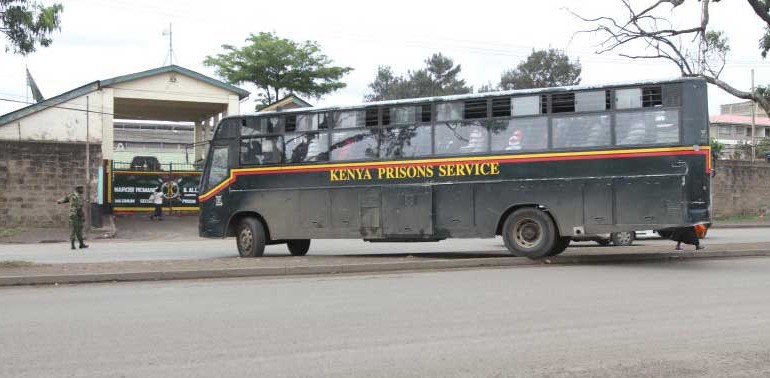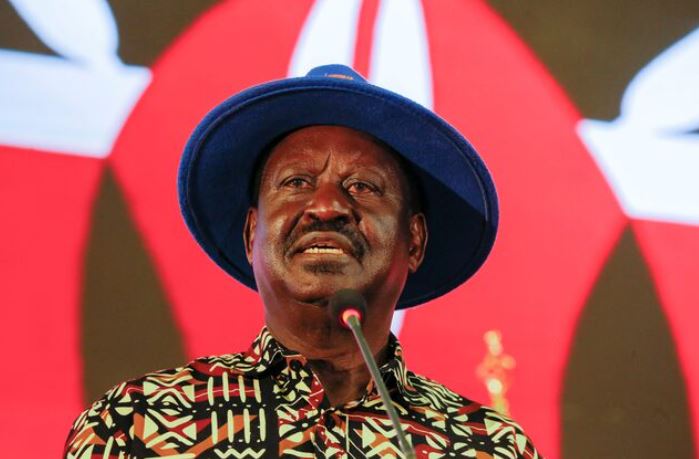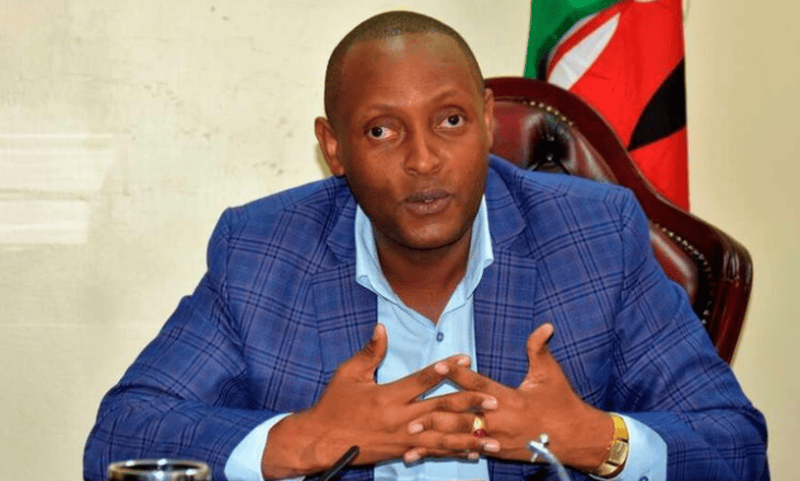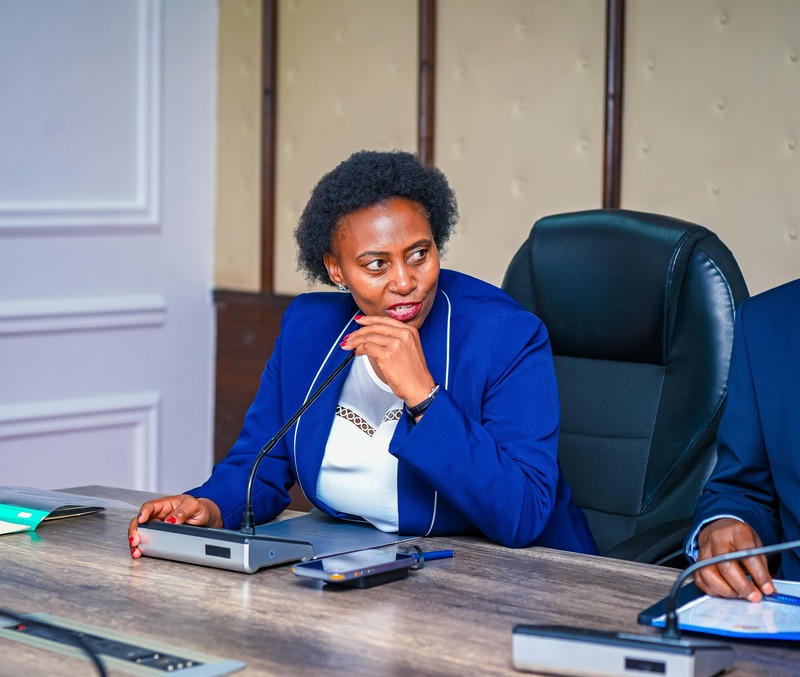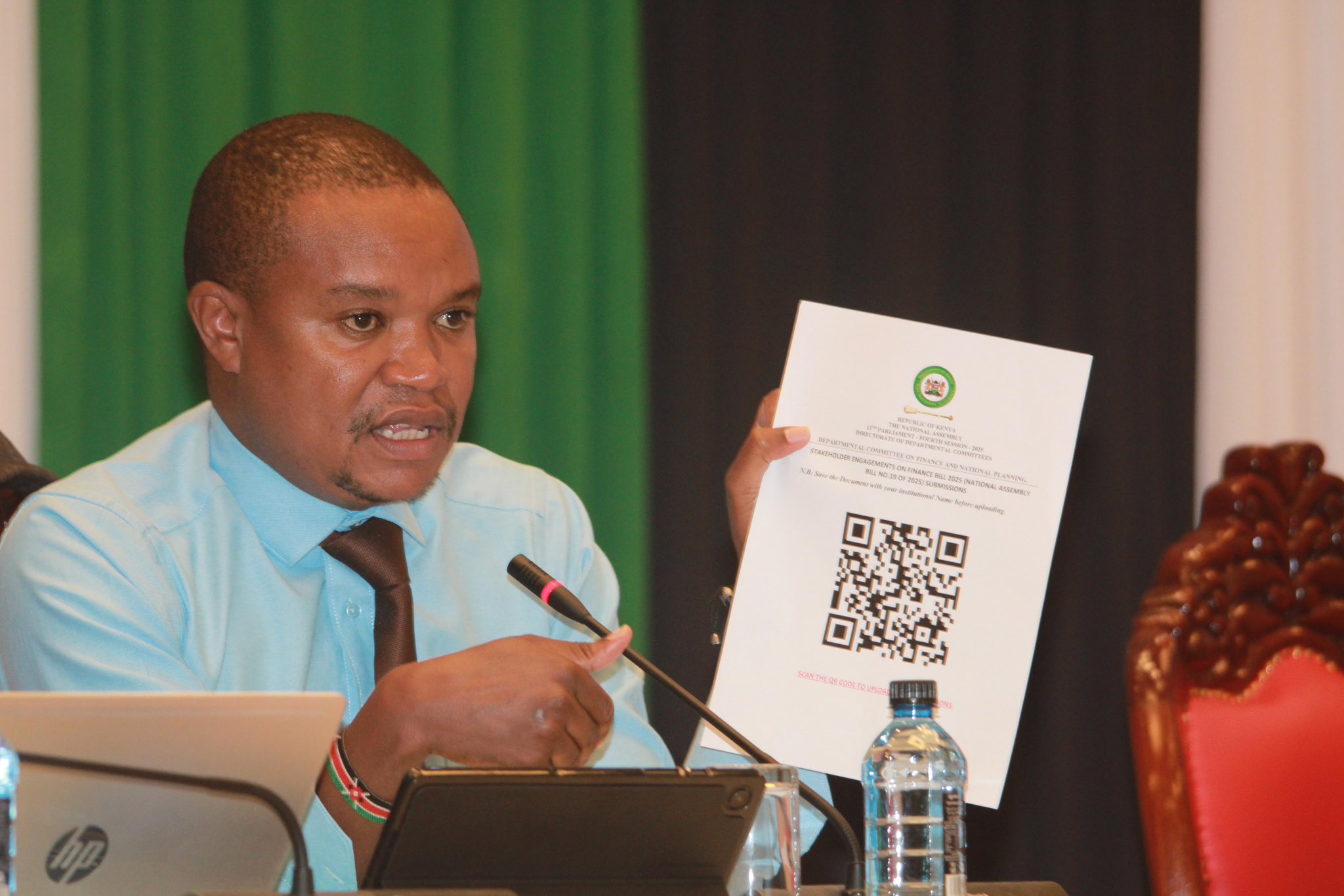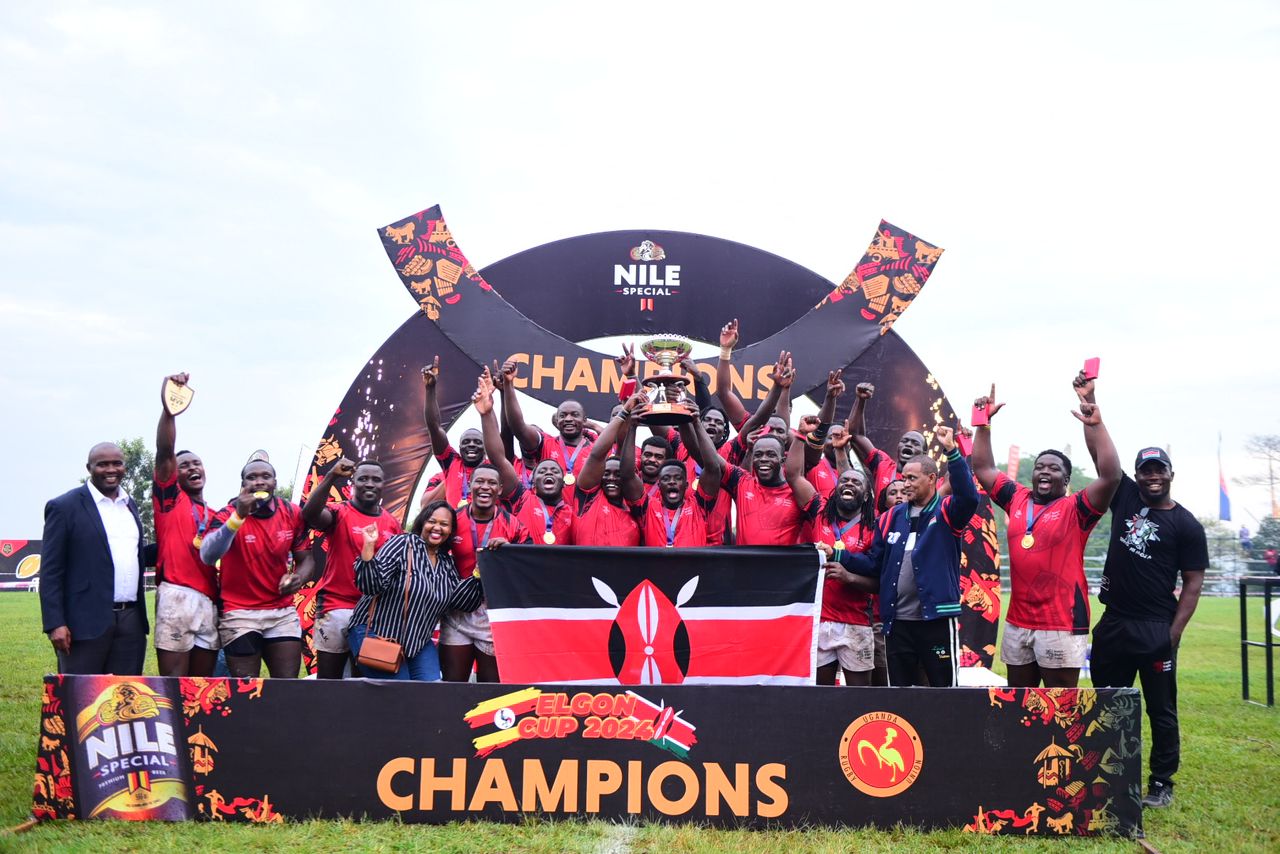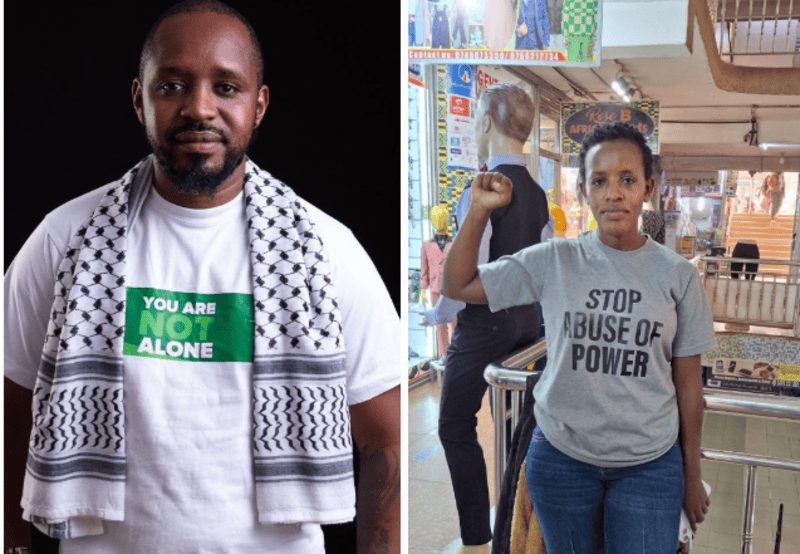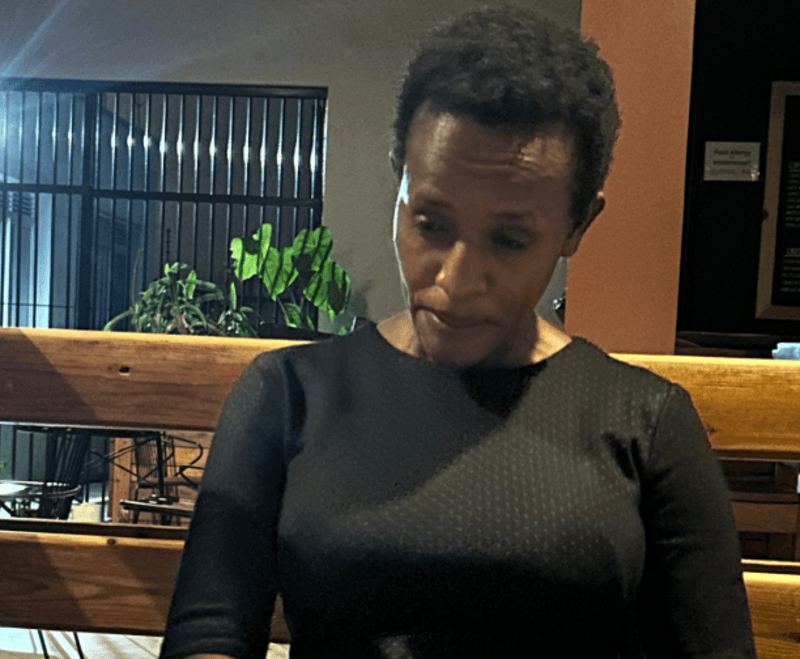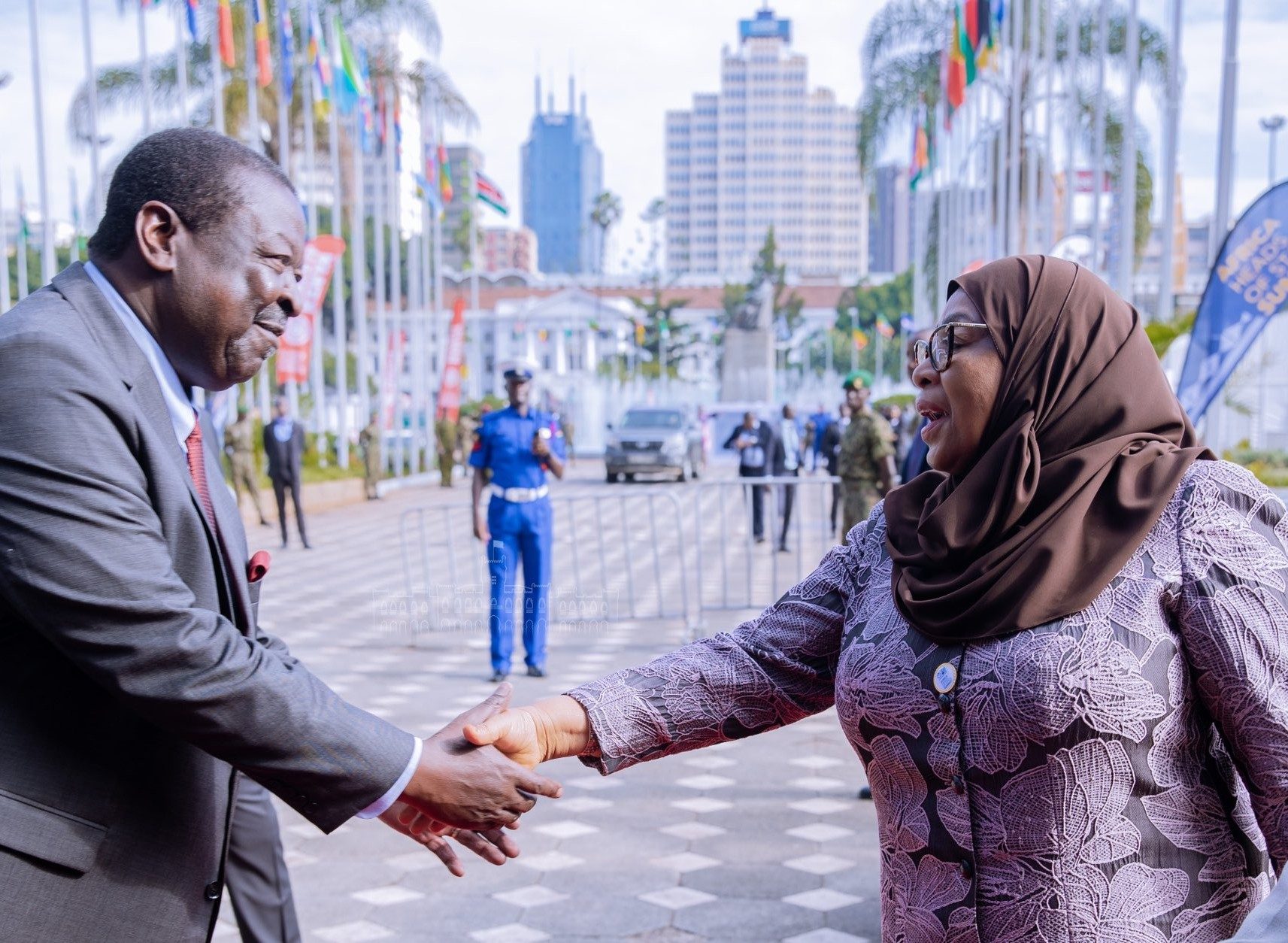MUHURI calls on media to expose human rights violations in Northern Kenya
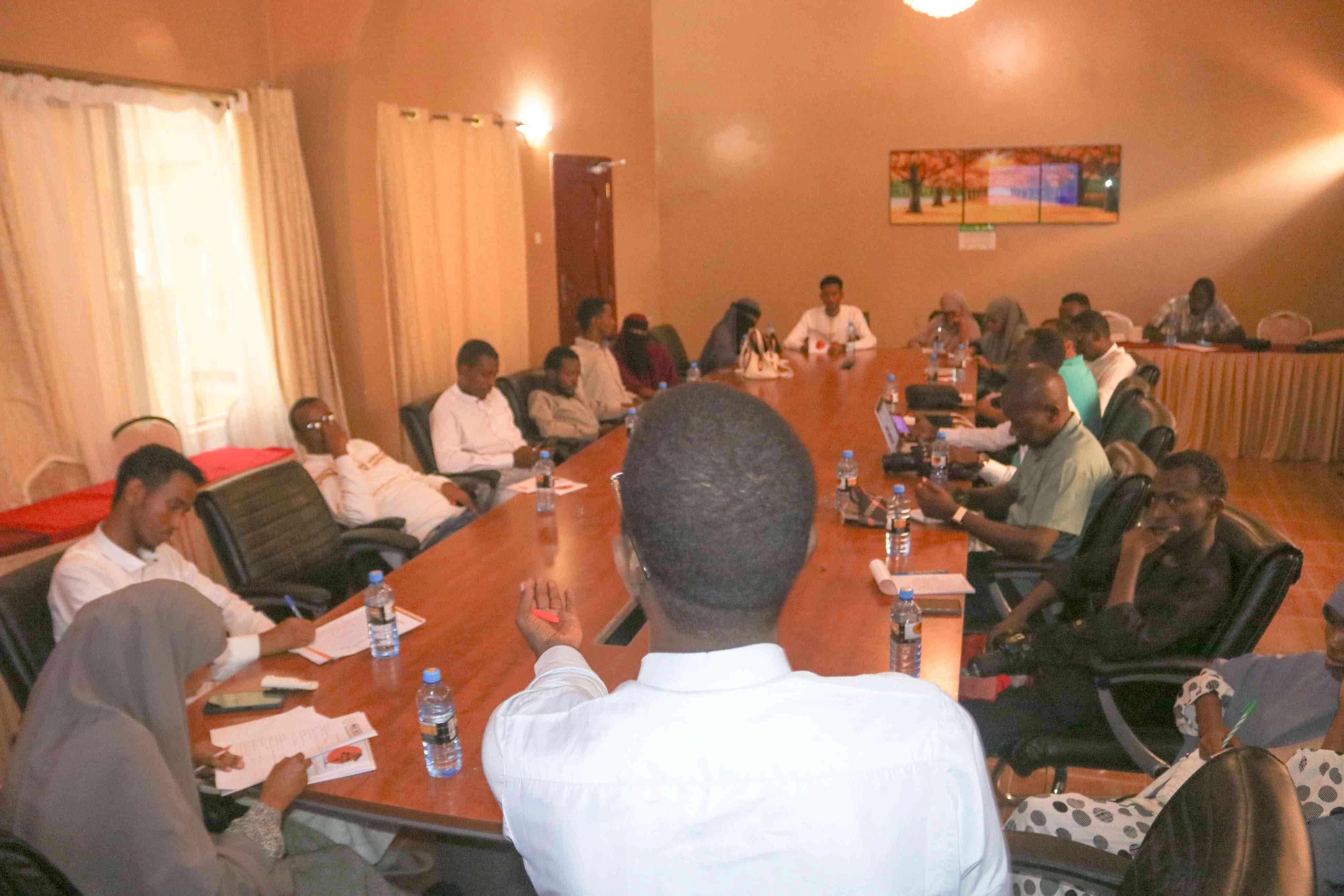
MUHURI expressed concern on prevalent human rights abuses including Gender-Based Violence (GBV), forced disappearances, marginalisation and underdevelopment.
Muslim for Human Rights (MUHURI) has called upon the media to expose prevalent human rights violations that were unreported in Northern Kenya.
Speaking on Friday during a media training on human rights in Garissa town, Abdihakim Shurie, the MUHURI regional coordinator, expressed concern on prevalent human rights abuses including Gender-Based Violence (GBV), forced disappearances, marginalisation and underdevelopment.
More To Read
- Kenya defends "quiet diplomacy" following Boniface Mwangi’s detention in Tanzania
- Human rights situation in Haiti remains ‘very alarming’, UN report finds
- How crackdowns on protests exposed escalating human rights abuses in Kenya
- Human rights groups demand action on enforced disappearances in Garissa
- IGAD member states urged to prioritise children in policy implementation
- Moi era torture survivors want Nyayo House chambers preserved as museum
Other issues include refugee and internally displaced persons' rights, and drought and climate-induced displaced persons' rights, which were all violated.
He emphasised how the training will help the media to promote and protect against human rights abuses in the region.
"This training will help you effectively report on human rights abuses we mentioned as prevalent in the region. I hope you will gather enough evidence, interview victims and present the information clearly and compellingly," he said.
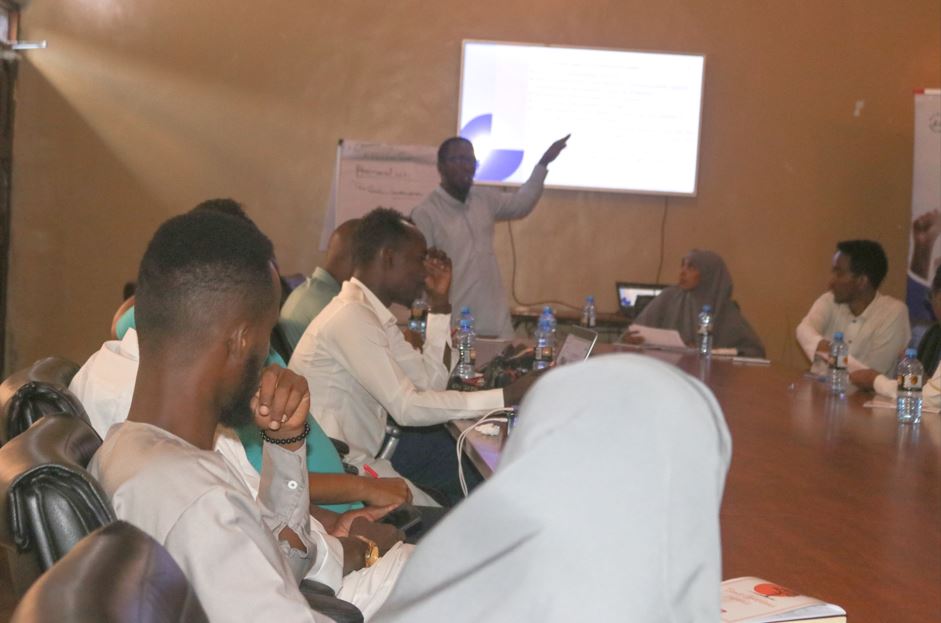 Participants during a media training workshop organised by MUHURI on human rights in Garissa town on May 23, 2025. (Photo: Issa Hussein)
Participants during a media training workshop organised by MUHURI on human rights in Garissa town on May 23, 2025. (Photo: Issa Hussein)
Abdihakim announced that MUHURI was currently advancing the realisation of human rights in Garissa and Tana River counties before expanding to other counties in Northern Kenya.
He urged the media to collaborate with non-governmental organisations, watchdog groups to leverage mobile journalism in remote areas and use data journalism to show trends on issues such as GBV cases and refugees displaced by war and climate change.
During the training session, journalists gained knowledge on how to prioritise human rights issues, techniques to cover human rights stories, ethics and legal considerations.
They were also taken through interviewing victims of human rights violations and building impactful human rights stories.
More than 30 journalists drawn from print, electronic and social media content creators attended the training held in a Garissa hotel.
Top Stories Today


